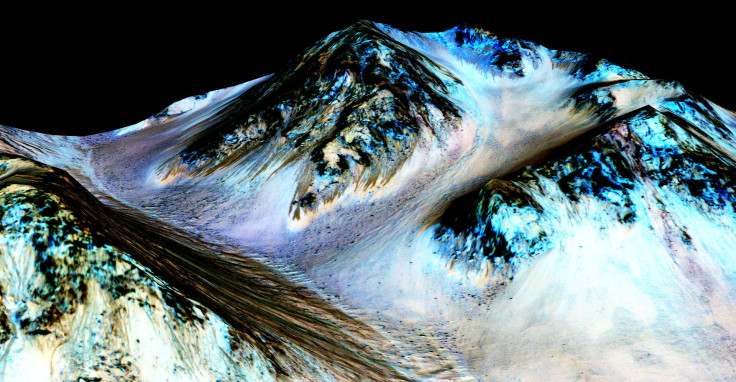Will The US Reach Mars Under President Trump? NASA Space Exploration A Priority For President-Elect

NASA experts have been anxiously waiting to hear more about President-elect Donald Trump's plans for space exploration — and more specifically, Mars — amid general uncertainty about his broader plan for the American space agency, according to a Sunday story in the Guardian.
NASA was caught off-guard by Democratic presidential nominee Hillary Clinton's loss last month. Under a Clinton administration, the agency knew what to expect: Namely, it would have to step back from its ambitious plan to get an astronaut on Mars by the 2030s and focus more on putting people on the moon, where no human has been since 1972.
But when Trump, who promised just before the election to "free NASA" from its restrictions, was declared the winner, all bets were off.
"Donald Trump has pledged to ‘drain the swamp’ in his first 100 days. But NASA has no idea whether they are part of this 100 days or not," Keith Cowing, the editor of NASAwatch.com, told the Guardian. "They do not know what the budget is going to be, whether Earth science is being carved out of NASA or the journey to Mars is being cancelled. They are just sitting there waiting to be told, and this may go on for months."
Trump recently chose Christopher Shank, a former NASA worker and policy director for the House Committee on Science, Space and Technology, to head his NASA transition team, BlastingNews reported. Meanwhile, space policy details revealed by other Trump aides were vague, with adviser Robert Walker telling Forbes "the specifics of missions will be determined within the overall goal of human exploration of the solar system."
That likely includes continuing to pursue NASA's hope of landing a person on Mars. As National Geographic wrote last month, "it seems like that goal may survive — with the caveat that sending humans to the moon may become a nearer-term priority."
Whether the finish line is on the moon or Mars, NASA under the Trump administration will likely have to work with partners in other countries — another issue given Trump's controversial nature and rules that presently forbid NASA-China collaboration, Space.com reported.
One thing was for sure: The NASA debate was set to end up being "a very big civil-space public policy question that the next administration will most definitely be tackling," Brian Weeden, of the Secure World Foundation, told Space.com.
© Copyright IBTimes 2024. All rights reserved.












